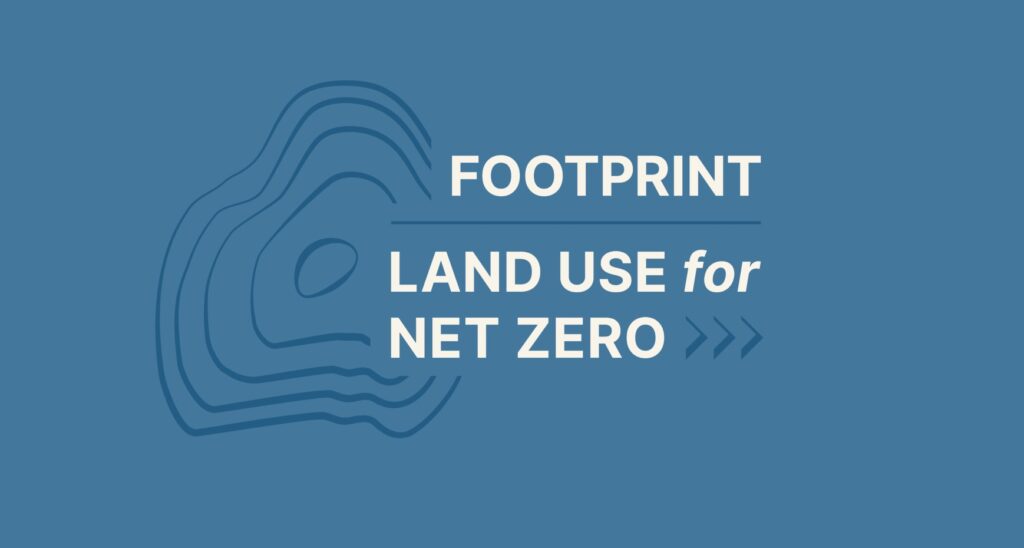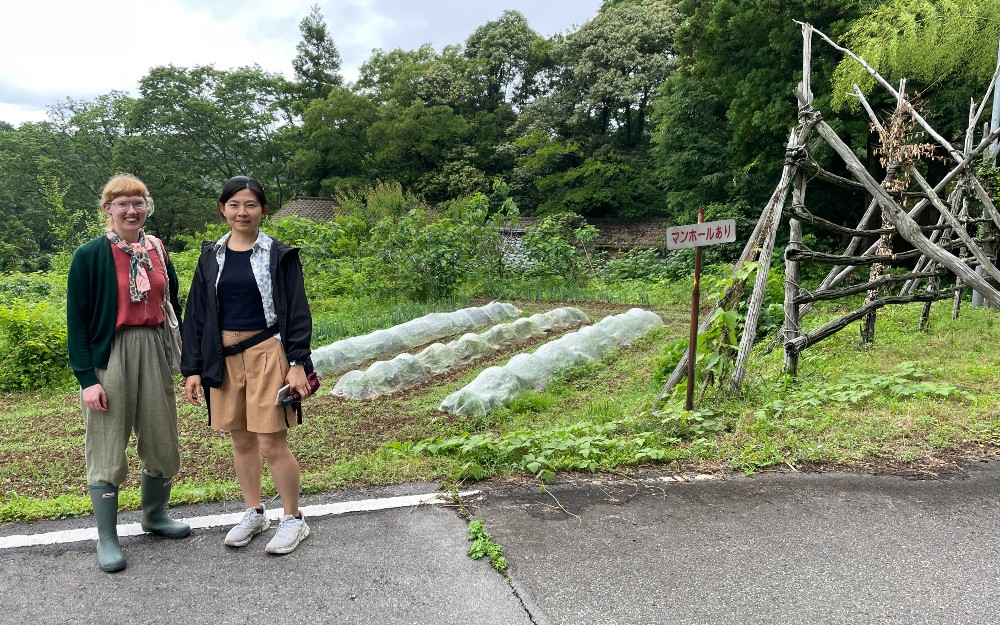Funded by the British Academy, this project developed a participatory methodology, Climathons, to bring farmers, rural land use stakeholders, NGOs and citizens together. We organised events in two livestock farming communities in Cumbria and Cornwall, where participants debated and developed local net zero solutions to promote sustainable agri-food futures.
The full project report can be viewed here:
Co-Designing Sustainable Food Futures: Using Climathons to build shared agri-food visions for net zero
A short Policy Brief from the project can be viewed here:
Towards local solutions for net zero: Using Climathons to vision food and farming futures
This took place in the context of public debates around the sustainability of food and farming (particularly livestock), the transition away from farm subsidies following EU exit, and dramatic price increases in farm inputs such as fuel and fertiliser. The UK government and the National Farmers’ Union both have ambitious Net Zero goals and visions for how the farming sector will achieve them. However, we have limited understanding of how livestock farmers think about these changes, what ambitions they have for change, or what the changes could mean for rural communities.
There is a need to translate national-level goals into tangible actions for local communities, particularly in the agri-food sector due to geographical and cultural variation. Top-down approaches risk resistance, hence calls for “more, and better, democracy” to address the climate crisis. Deliberative and participatory methods, including climate assemblies like the one convened by the UK government in 2020, provide ways for citizens to learn about climate change, discuss policy options, and develop recommendations. These kinds of methods are highlighted in the latest Climate Change Committee recommendations to improve “the acceptability of, and public support for, new policies”. “Climathons” represent a specific methodology that could contribute to net zero delivery, and have not previously been extensively researched.
In early 2022 we adapted the Climathon approach to deliver participatory events in two rural livestock farming communities: the Eden Valley in Cumbria, and the Bude area in Cornwall. Climathons are solution-oriented, often city-based events. They involve bringing together multidisciplinary teams to collaborate intensively over a short period, typically 12-72 hours. After hearing from experts about the topic in question and working in teams to develop solutions to a specific challenge, participants pitch their ideas to a panel of judges and a winning team is declared.
The spirit of our adapted method was to co-produce with researchers, farmers and other key agri-food stakeholders a more grounded vision for the future. The work was timely, given the emphasis and need for local authorities to develop low-carbon action plans and food strategies.



The CCRI team- led by Professor Damian Maye, and including Professors Abigail Gardner and Julie Ingram, PhD student Philippa Simmonds, and placement student Sofia Raseta- completed this work over 6 months, starting in January 2022 The project led to the production of materials aimed at an international audience, including a Rural Climathon Playbook as well as digital stories, infographics, a policy brief, and goals for each community to support their Net Zero roadmaps. We also organised an exchange webinar between the two communities where they shared some of their solutions and subsequent progress.
The Climathon approach
One way we adapted the Climathon approach was with digital storytelling. This is a methodology focused on listening, which in this case involved local livestock farmers talking around the theme of change on their farm. The audio was then set over a series of photographs selected by the participant. These stories have been collected into a playlist which can be heard here.


This method helped ensure farmer voices were in the room when it was challenging for them to attend in person, and encouraged participants to empathise with the end users of agricultural net zero solutions.
This, and the other adaptations, are detailed in the Rural Climathon Playbook, which is aimed at Local Organisers of future Climathons in rural areas.

Developing Local Solutions
The Climathon approach successfully generated locally relevant net zero solutions in the Eden Valley and Bude. These ranged in form: from a pilot project to promote on-farm renewable energy, to a project aimed at diversifying the local food system by increasing available land for growing vegetables, to planting 145km of new hedgerow in the Eden Valley by 2030 (the same length as the River Eden).
Interestingly, both locations had a team that proposed enhancing farmer peer to peer learning- this was seen as a key mechanism for increasing knowledge and uptake of net zero solutions.
The solutions are summarised in the live illustrations produced from each event, shown below.


Following the two Climathons we organised an exchange webinar, where participants from both events came together to share ideas and solutions, update on impacts since the event and develop strategic and operational goals for roadmaps for the next steps. Several solutions have been further developed by participants since the Climathons; either seeking funding or feeding into existing work.
Lessons Learned
Our project demonstrated that a modified Climathon approach can be effective in rural communities for convening rural land use stakeholders, providing space for constructive dialogue, strengthening existing networks and partnerships, and generating locally relevant net zero solutions that can be progressed beyond the event itself.
We faced some challenges with recruitment, yet successfully attracted a range of rural land use stakeholders via a strong network of local partners. The format of the events meant they were still feasible to run with lower numbers than originally expected, and we found that those who did attend were very engaged. Therefore, although the events did not necessarily widen participation in the conversation on net zero and agri-food, they appear to have deepened the discussion and forged new connections among already interested parties.
While we successfully recruited a range of local land-use stakeholders and citizens in each location, we were advised by local partners to expect less engagement from the farming community, given the difficulty of spending a full day away from the farm. We mitigated this using digital storytelling, and in future would suggest greater attention to the farming calendar when planning events, and trialling alternative formats such as splitting the event across two half-days.
Implications for Policy and Practice
Our project demonstrates the value of de-centralising the net zero agenda and providing spaces for people to explore how it might apply to their community and/or industry. Well-designed events can inspire tangible action. Despite being likely cheaper and more agile than climate assemblies and other deliberative approaches, Climathons are more appropriate for deepening than widening engagement. However, their potential can be enhanced via some of the adaptations we suggest, and they could be a valuable tool in net zero delivery.
For any deliberative approach, we suggest that embedding the project in local initiatives and co-designing the event with those partners is key to success. There should also be a clear pathway for outputs, so that participants can see how their hard work may be taken forward. Furthermore, the time and energy required to develop a consortium and build trust with local partners should not be underestimated.
Key Recommendations
- Embed the net zero agenda in local regions around the UK through deliberative approaches enhanced with creative methods.
- Involve local authorities and key stakeholders early in project cycles.
- Adapt the approach to suit local contexts- Climathons are highly adaptable and represent one method among many options.
- Design projects in collaboration with local partners to maximise utility and provide added value on top of their existing work.
- Set reasonable expectations for 1- or 2-day events, and connect these to wider programmes and suites of activities.
- Define the pathway for outputs at the start of the project so it is clear to participants how their work will be taken forward.
In response to the latest Climate Change Committee (2022) recommendations, this evidence could inform a Defra-led Net Zero Delivery Strategy, as well as contributing to strategies for engaging with small and medium-sized enterprises on decarbonisation (p.480), and informing action to overcome non-financial barriers that prevent adoption of low-carbon farming measures.
Digital Stories captured during the project
These are hosted on YouTube. The playlist can be accessed here: https://youtube.com/playlist?list=PLXTMoBYHEeNaGdomnDHnp4A4ZkfTpuxGt
A Diversification Story https://youtu.be/gOAh6LW0yqs
A Father’s Story https://youtu.be/JsLj6UTL-M0
A Son’s Story https://youtu.be/zrgu6usSd-s
A New Generation’s Story https://youtu.be/7MKeLwXQiaQ
An Innovation Story https://youtu.be/a9O2ysKOQwg
Some of the coverage of these events and the project:
Project Twitter account: https://twitter.com/RuralClimathons
North Penines AONB Eden Valley Climathon explores net zero solutions
Bude and Stratton Post Bude holds it’s first ever ‘Climathon’
CCRI Ref: 2021-069




